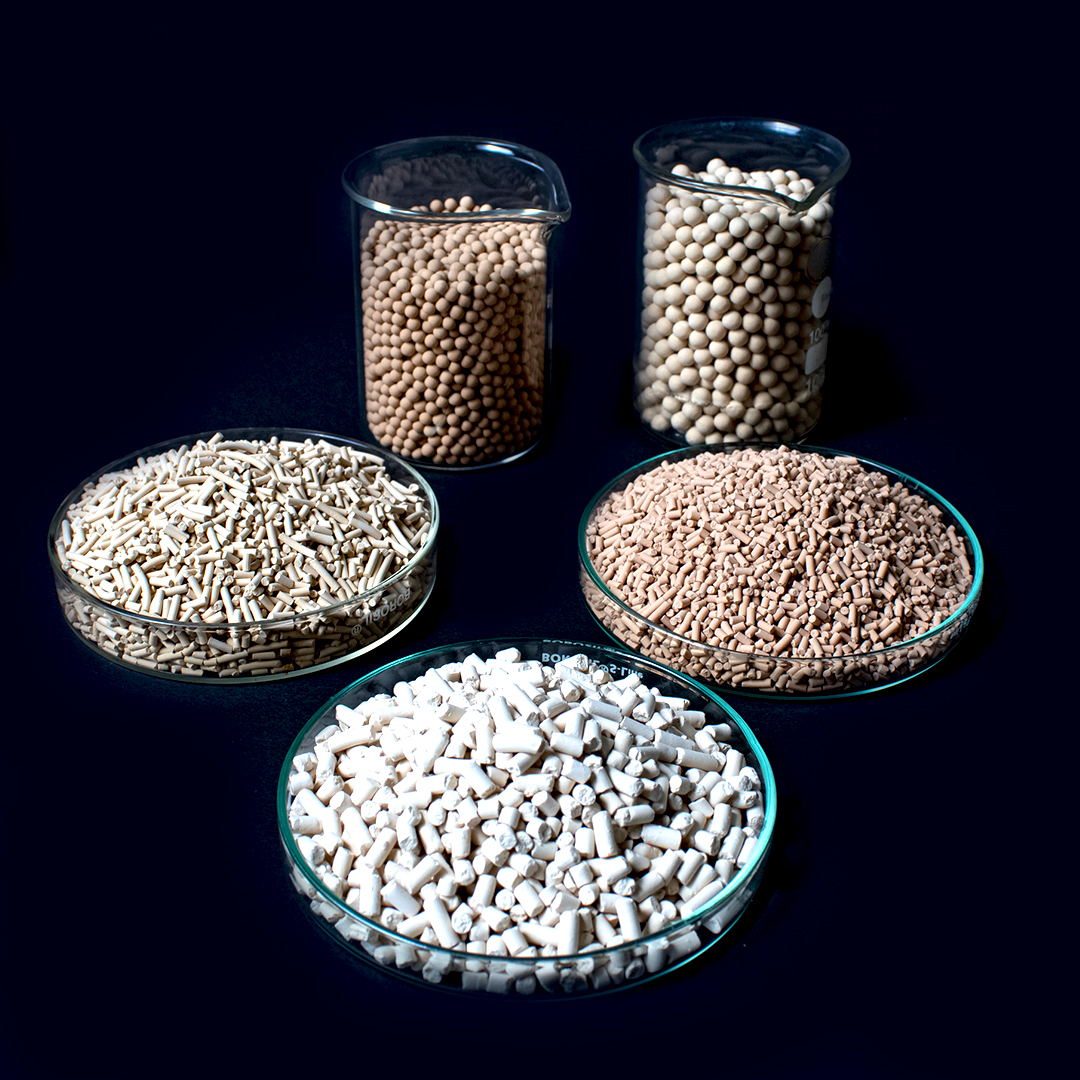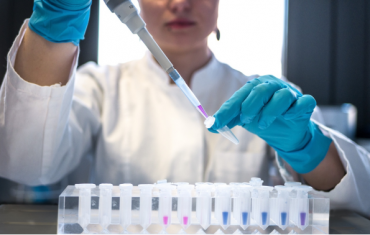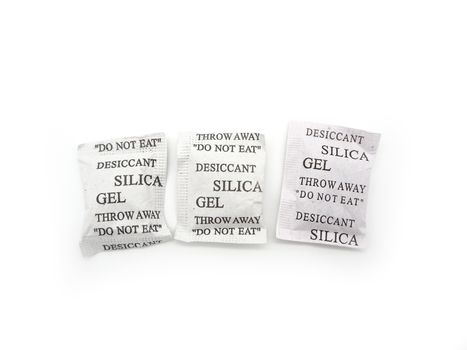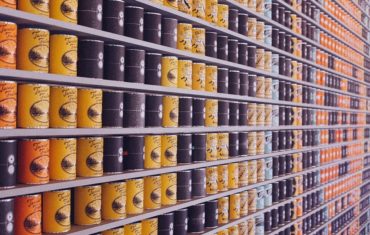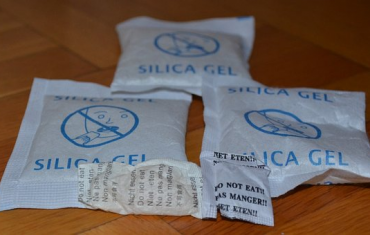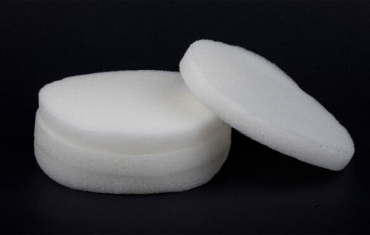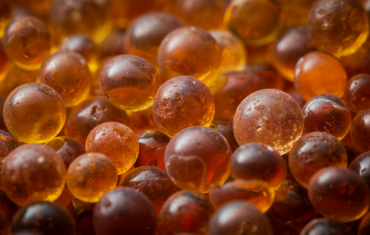Why is Molecular Sieve a Great Desiccant?
There are several molecular sieves available on the market. The most common types include zeolites, carbon molecular sieves (CMS), silica gels, and limestone. They are used as desiccants in various industries to tackle issues related to moisture and humidity.
What Are Molecular Sieves?
Molecular sieves are made up of solid materials with a very uniform pore distribution that helps in absorption in both gases and liquids. Different types of molecular sieves are usually distinguished based on the size of pores they have. There are three common pore sizes: macro pores (bigger than fifty nanometers), mesopores (between two to fifty nanometers), and micropores (smaller than 2 nanometers).
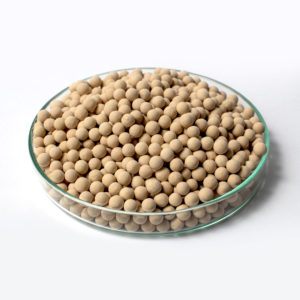
How Do Molecular Sieves Work?
The pore structure of molecular sieves allows them to absorb the water molecules that are small enough to permeate into the sieves through a process called diffusion. The molecules that are bigger than the pores of the molecular sieve being used cannot permeate into the pores. This process works well in the gas phase as well as in the liquid phase.
What Are The Benefits Of Using A Molecular Sieve?
Molecular sieves are currently the most common types of desiccants used by industries. It’s because molecular sieves have some amazing benefits; these include:
- They help in selective removal – the sieve’s uniform pore sizes make it possible for the user to selectively remove specific molecules.
- They enable a high removal efficiency – a large number of pores in the sieves ensure a high capacity of absorption.
- Reusability – Regeneration is easy and very common for molecular sieves, which helps the users keep their costs very low.
What Can You Remove Using A Molecular Sieve?
Molecular sieves are equally useful in both gas and liquid. Below are some examples of how molecular sieves can be used:
- They can be used to remove water from Liquified Natural Gas(LNG)
- Molecular sieves can remove high levels of moisture and humidity from the air
- They help in removing acidic gases like carbon dioxide, hydrogen sulfide from biogas
- Molecular sieves can also remove mercaptans from air or gas
- They can be used to remove hydrocarbons like benzene, toluene, and xylene (BTX)
If you’re looking for molecular sieves for your product packaging and shipping, we’ve got you covered. At Sorbead India, we offer a range of quality desiccants, including active alumina, silica gel desiccant packets, silica gel orange crystals, and much more.
Contact us today to learn more about our products!

